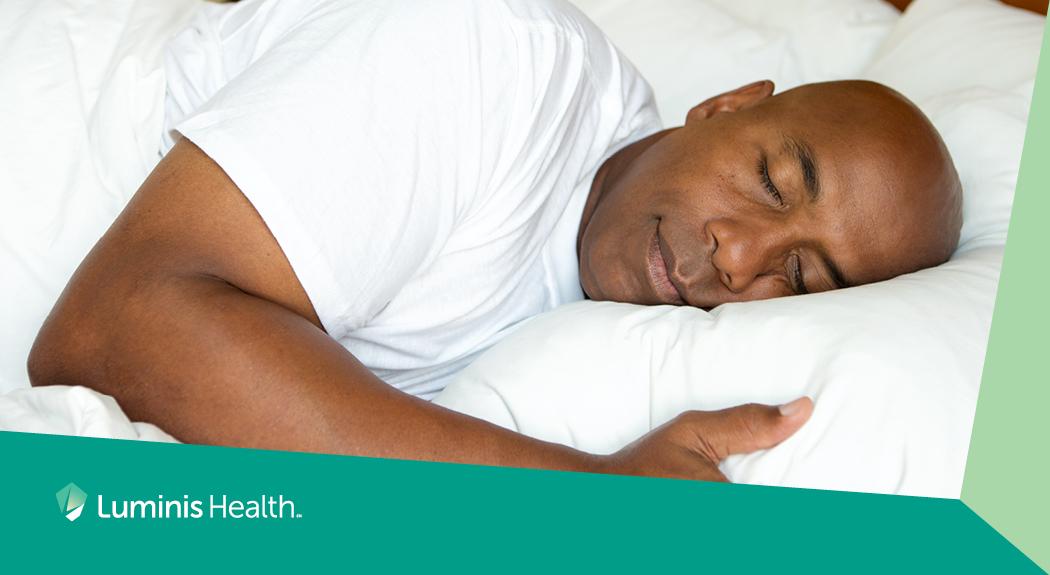
As you get older, you may find that many of the things you resented as a child, like enforced nap and bedtimes, you actually long for now. And for good reason: recent research suggests it’s good for your overall health. When compared to people who hit the hay between 10-11 pm, researchers found the following associations between bedtimes and heart disease:
· 12% increased risk of heart disease when falling asleep between 11-11:59 pm
· 25% increased risk of heart disease when falling asleep at midnight or later
· 24% increased risk of heart disease when falling asleep before 10 pm
Scientists still aren’t exactly sure what’s causing the differences in risk. But one theory is that going to bed too early or too late disrupts your body’s natural clock and throws off your systems, like your heart.
A sleep routine tailored to you
It can get a little overwhelming to decipher all the latest studies about what you should and shouldn’t do when it comes to sleep. But the bottom line is that you shouldn’t worry if you have a late night or two – or just need to hit the sack earlier than usual. Sometimes, that’s your body’s way of telling you it needs a little extra rest. What’s most important is establishing a healthy sleep routine – one that works well for you. And that means one that works with your schedule and makes you feel best prepared to take on tomorrow.
Here are some of our favorite tips to help you get the Zzzs your body needs:
- Be consistent. Sure, you can shoot for bedtime between 10-11 pm, but if your lifestyle or work schedule doesn’t allow for that, the most important thing you can do is go to bed around the same time every night.
- Find ways to unwind. Before climbing into bed, work some relaxation techniques into your routine. Maybe that’s gentle stretching, listening to gentle music or a short meditation. You can also try taking a warm bath to help calm your mind and body.
- Give your body regular clues. Beyond bedtime, try to do the same things in the same order every night. Whether it’s a specific order to washing your face, pulling on PJs or cracking open up a book, these can serve as a subtle cue to your body that it’s time to wind down.
- Set up a sleep haven. Get your bedroom ready for a good night’s sleep. That means no distractions, a comfy mattress and pillows, soft sheets and a comfortable-to-you temperature.
- Turn off screens an hour before bed. The blue light from screens (TVs, tablets and phones) has been shown to disrupt your body’s natural rhythm when it comes to falling and staying asleep.
Have a question about sleep?
A good night’s sleep has a host of benefits for your physical, mental and emotional health. If you’re struggling to get the rest you need, let us know. Your doctor can help you find the best approach to bedtime or address any underlying issues, like anxiety or depression, that may be interfering with your sleep schedule.
Call your provider today to schedule your appointment or use our search tool to find a provider near you.
Author
To make an appointment with Dr. Dakheel, please call 301-850-6333.




